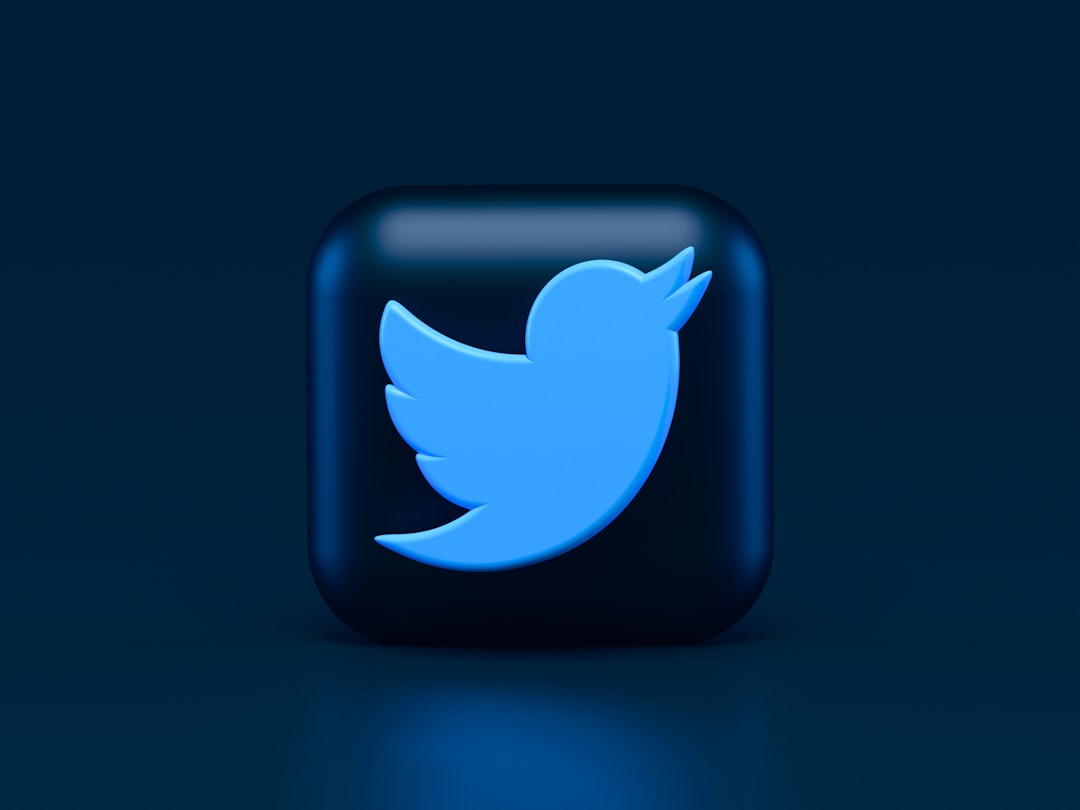Bye Bye Blue Check
My last fun day on Twitter

According to Elon Musk, as of midnight tonight I will no longer be “a legacy blue verified account [that] may or may not be notable.” In English, I’ll no longer have a blue check mark.1
Twitter’s help page explains: “Starting April 1, we’ll be winding down our legacy Verification program and accounts that were verified under the previous criteria (active, notable, and authentic) will not retain a blue checkmark unless they are subscribed to Twitter Blue. Subscribers will need to meet our eligibility criteria below to receive or retain the blue checkmark.”
What is Twitter’s new, stringent eligibility criteria? Pretty much paying $8 a month for Twitter Blue.
This seems like a recipe for a lot of fake accounts getting verified, so the value of the new blue checkmark seems pretty dubious (this might explain why Twitter is also working on Twitter Blue subscribers being able to keep their verification status hidden from the rabble.
Some of the legacy folks aren’t exactly thrilled about this:
Musk responded by arguing, “It’s more about treating everyone equally. There shouldn’t be a different standard for celebrities.” This is an odd argument for multiple reasons. First, as Zoë Shiffer reported for Platformer, Musk is obviously creating a different standard: “For months, the platform has maintained a list of around 35 VIP users whose accounts it monitors and offers increased visibility alongside Elon Musk.” So we know that under his ownership the likes of Glenn Greenwald, Ben Shapiro, Marc Andreessen, and Joe Biden have had their accounts boosted above all others.
Second, it’s difficult to reconcile his stated position with his attempt to charge organizations $1000 a month to ensure the thing that the old verification system already did [UPDATE: LOL, he’s already backtracked to creating a two-tier system for this as well.].
It looks like the revenue generated from this attempt will be meager. As Oliver Darcy reports, most mainstream media outlets are not going to pay for organizational verification. Maybe other corporate brands and celebrities will go for it, particularly those who are ideologically sympatico with Musk. But it does not seem like a promising revenue-generator.
All of this pretty much confirms my speculation last fall that Musk had no idea how to run this company. His primary success to date over the last six months has been to enact Sewell Avery-like cuts in payroll and capital investment. For his troubles, Musk now values the company he paid $44 billion for back in October at only $20 billion and remained in a precarious financial position.
But I digress — the point is, as of midnight I’ll no longer (possibly) be notable.
This has prompted some amusing responses from the blue check mafia. If I’m being honest, however, this will sting a little bit. As a professor with a side-hustle in the media, having the blue check carried some legitimate benefits — most notably, a radical reduction in anti-Semitic tweets directed my way.
What has stung more, however, has been Musk’s evisceration of the benefits that Twitter generated for many of its users. As I noted last year:
the site is an excellent news and research aggregator. Twitter has been far more handy than cable news for understanding real-time events. As events like the war in Ukraine have unfolded, experts providing quality information and analysis have acquired followers and occupied center stage in my feed. Similarly, Twitter has led me to recently-published papers I might not have discovered that are useful to my teaching and research.
Twitter is also useful in figuring out which stories pick up traction among media elites and which ones fade in less than a day. This is particularly true if there are legitimate disagreements over the interpretation of the news event; this used to happen more frequently but is rarer now. At its best, however, such engagement can lead to productive discomfort, which is something that should happen on a regular basis in an engaged, vibrant democracy.
That still happens on occasion on Twitter, but to be honest the depopulation of accounts that I trust has been considerable. It still possesses some legacy value, but that’s depreciating as rapidly as the company’s valuation.
In honor of my last day as a blue check I’m going to tweet like I did in the old days — frequently and mischievously. After that, I’ll revert to a more modest profile and enjoy the free time generated by not being on social media so much. I recommend that my readers do the same.
Yes, I know it’s really a white checkmark surrounded by blue. Now move along, pedants.



What Elon doesn't understand it that the verified "notables" are not customers. They are content producers. The rest of the rabble are not the customers either. The rabble, as the followers of the "notables," are the true product of Twitter. Without the rabble the advertisers will have no interest in the platform. The advertisers are his true customers - the ones who will really pay for access to the rabble.
I was very fond of your Twitter feed, and am sad that you are now doing more productive things. I guess I should too.